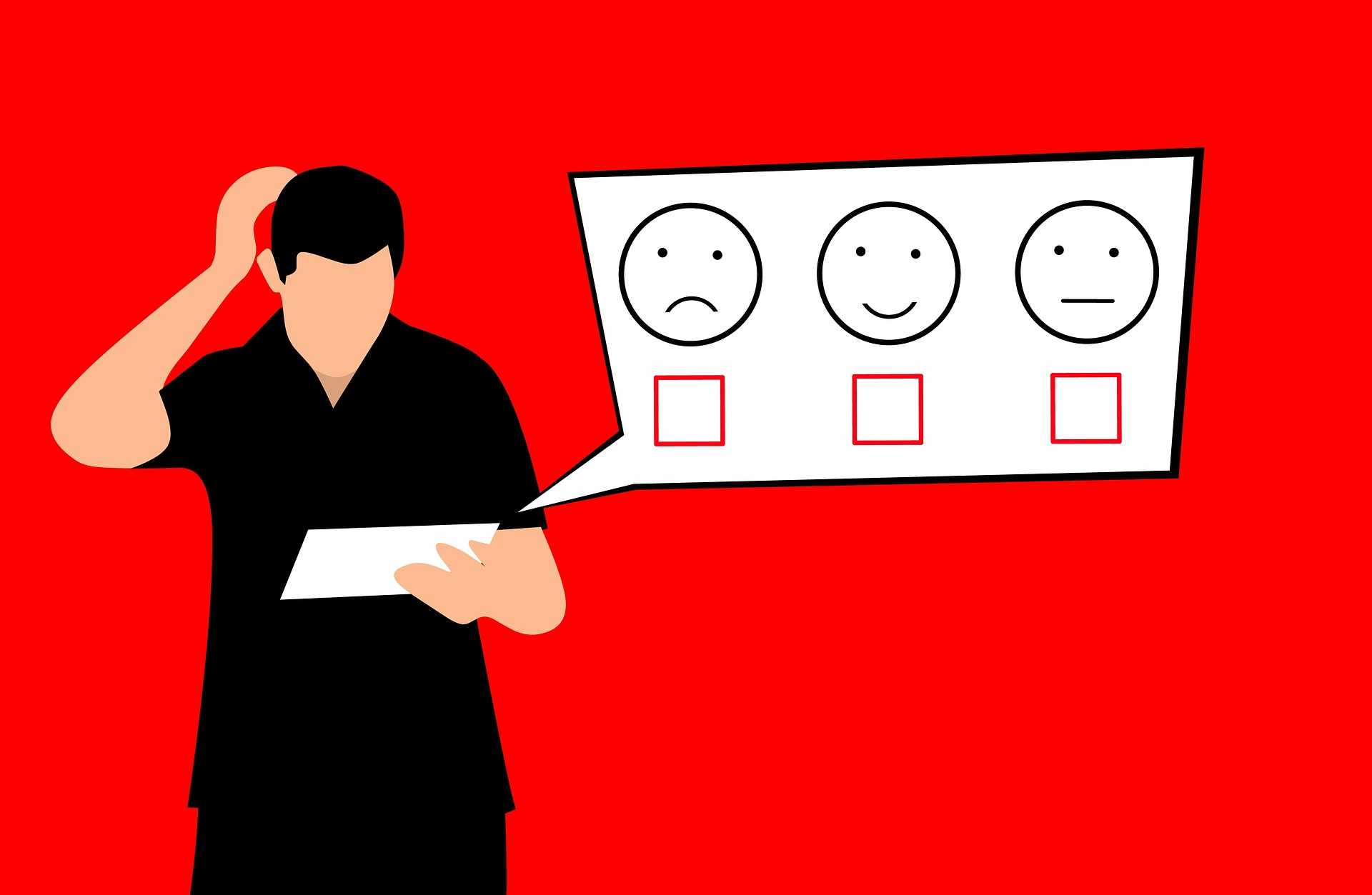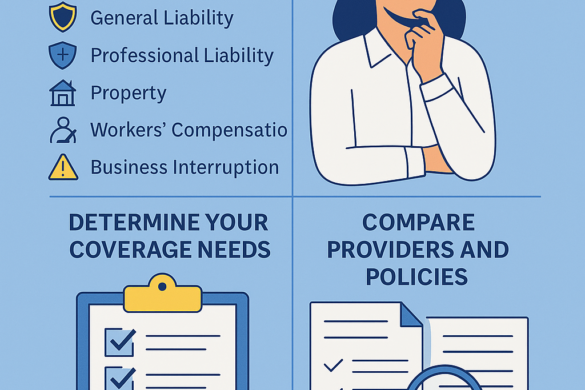 When you hear the words “SOC 1 compliance,” it might sound complicated or even boring. But the truth is, it’s just a fancy way of saying that companies are following important rules when they handle money that doesn’t belong to them. These rules help make sure businesses are acting honestly and keeping everything fair.
When you hear the words “SOC 1 compliance,” it might sound complicated or even boring. But the truth is, it’s just a fancy way of saying that companies are following important rules when they handle money that doesn’t belong to them. These rules help make sure businesses are acting honestly and keeping everything fair.
What SOC 1 Compliance Really Means
SOC stands for System and Organization Controls, and SOC 1 is a special kind of report. It’s mostly used when a business deals with money for someone else. For example, if a company manages your paycheck or looks after your savings, you’d want to know they’re doing it the right way. SOC 1 compliance proves they are.
It’s not only about keeping money safe, though. It’s also about making sure numbers are correct. Imagine if a business handling your paycheck made a mistake and gave you the wrong amount. That would be frustrating. Rules around soc 1 compliance help prevent problems like that by checking systems and processes before mistakes happen.
Why Companies Need to Follow These Rules
Think about the trust people put in banks, payroll companies, or investment firms. If these businesses didn’t have strict rules, mistakes could cost people a lot of money. SOC 1 compliance is there to make sure the right steps are always followed.
Companies that meet these standards show everyone that they care about doing things correctly. It’s not just about avoiding trouble. It’s about proving that customers’ money and information are safe with them. When a business earns that kind of trust, more people are willing to use their services.
Without these checks, companies might cut corners, and that could lead to disasters. Even one error in handling money can cause a huge chain reaction. That’s why SOC 1 compliance is such a big deal.
How SOC 1 Reports Work
SOC 1 reports are usually done by outside experts called auditors. Their job is to check that a business is being honest and following the rules. They look at how a company keeps track of money, how they make sure numbers are right, and whether there are systems in place to stop mistakes.
There are two main types of SOC 1 reports:
- Type I, which looks at whether the systems are set up properly at one moment in time.
- Type II, which tests those systems over a longer period to see if they really work in practice.
Both are important, but Type II gives a clearer picture because it shows whether the company sticks to the rules all the time, not just once.
What Happens When Businesses Skip Compliance
When a company doesn’t bother with SOC 1 compliance, it can cause serious problems. Customers might lose trust and stop using their services. Banks or other businesses may refuse to work with them. In some cases, mistakes or fraud could even lead to lawsuits or government penalties.
Even if a company doesn’t mean to cause harm, skipping these checks makes it easier for errors to slip through. And when it comes to money, even a small mistake can make a big difference to someone’s life.
So, in the end, it’s much smarter for companies to follow the rules. It keeps them out of trouble and gives customers peace of mind.
How It Affects Regular People
You might be wondering what all this has to do with everyday life. The truth is, it matters more than most people realize. If you get paid through direct deposit, SOC 1 compliance helps make sure your paycheck arrives on time and with the right amount. If your parents have retirement savings or investments, these rules help protect that money too.
Even though you may never see a SOC 1 report yourself, you benefit from it. It’s one of those behind-the-scenes things that keeps the financial world running smoothly without most people even noticing.
Why Businesses Take It Seriously
Most companies know that customers want to feel safe. That’s why they go through the process of getting SOC 1 reports even though it can take a lot of work. It proves they’re reliable and can be trusted with important tasks.
Some businesses even make their reports public to show they’ve passed all the checks. That way, clients can see for themselves that the company is serious about doing things right. In a world where people worry a lot about scams or data leaks, this kind of transparency really matters.
The Big Takeaway
SOC 1 compliance may sound confusing at first, but it’s really just about making sure businesses that handle money for others are careful, honest, and trustworthy. These rules help prevent mistakes, protect people’s paychecks and savings, and keep companies accountable. Even though most people never think about it, SOC 1 is one of the reasons we can count on important things like getting paid correctly or knowing our money is safe.
When companies follow these rules, everyone wins. Customers can relax knowing their money is handled properly, and businesses earn the trust they need to grow. It’s proof that sometimes the most important rules are the ones you don’t even see.









